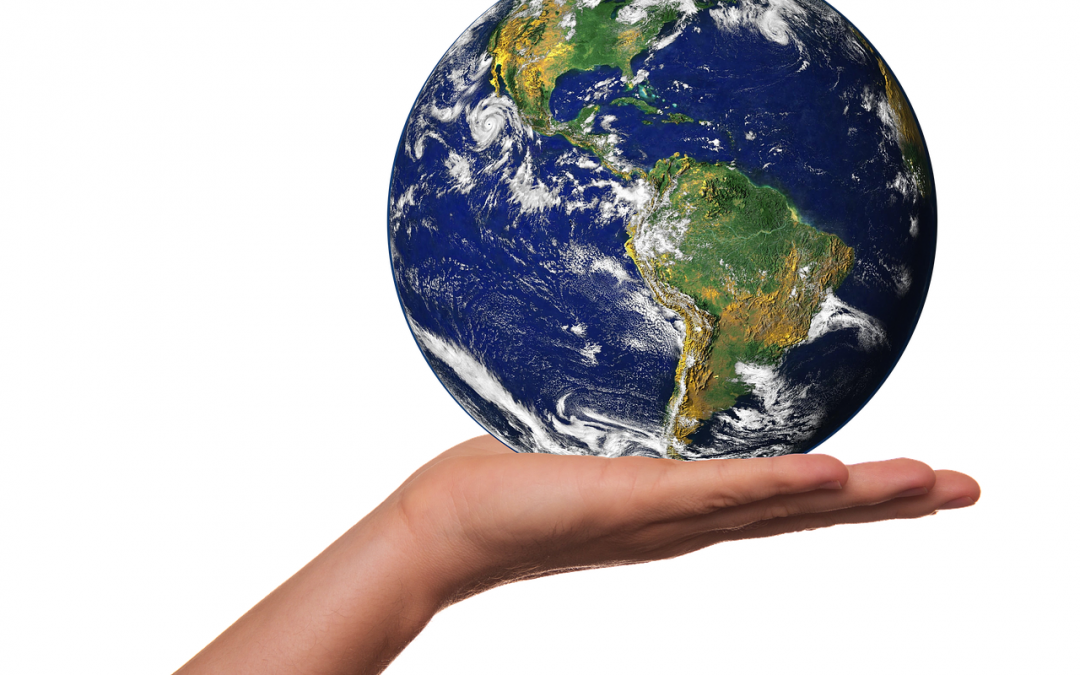by John Hartman
The world must reduce its carbon emissions by 50 percent by 2030 to have hope for a livable future. And we must be living in a carbon neutral, regenerative world by 2050.
The good news is: We Can Do This!
That’s the conclusion of “The Future We Choose,” a book members of the WUUC Climate Justice Committee have been reading the last couple of months.
The authors — Christiana Figueres and Tom Rivett-Carnac — were among the chief architects of the 2015 Paris Agreement, the landmark accord in which nearly every nation in the world pledged to try to limit the rise in global temperature. Because of this experience, “The Future We Choose” is a mix of solutions-driven optimism and political pragmatism.
The authors are realists. They know that even in a best-case scenario some things will get worse before they get better. The emissions we’ve sent into the atmosphere to date guarantee dangerous heat waves and rising seas for decades to come. But to avoid the worst-case scenario, most countries will have to implement green solutions — many of which already exist or will soon exist. The issue is not the lack of solutions. The issue is the willingness of governments, corporations and individuals to implement the solutions. In much of the book, the authors challenge each individual to do what governments and corporations cannot or will not do. Do not be defeated by short-term setbacks (Stubborn Optimism). See yourself as a citizen not a consumer. Engage in politics. Let go of the old world. Face your grief but hold a vision for the future.
We know we can do this. Since January, the Covid-19 pandemic has led to a shift in human activity around the globe. There are millions of people who have adopted a collective sense of mission — the willingness to restrict our activities for a time to protect the vulnerable. This is the attitude we need to adopt for climate change — to treat it like a crisis we intend to solve.
This is how the authors end the book:
“We want you to know two things.
“First, even at this late hour we still have a choice about our future, and therefore every action we take from this moment forward counts.
“Second, we are capable of making the right choices about our own destiny. We are not doomed to a devastating future, and humanity is not flawed and incapable of responding to big problems, if we act.”
In the October and November WUUC Newsletters, Notes4Earth will discuss sections of The Future We Choose in more detail.

